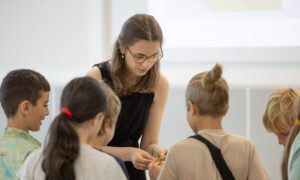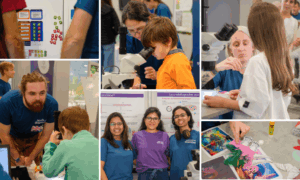
Statement on recent paper on mentorships in academia
It is with great concern that we have learnt of a study by AlShebli et al., which has recently been published in the journal Nature Communications. The study purports to analyse mentor–mentee relationships across ten academic disciplines based on co-authorships in publication records spanning more than 100 years, and has inferred from these potential effects on the mentees’ later publication records.
Mentorship is an important topic that deserves academic investigation, but this study is methodologically flawed – the data used are about co-authorships, which do not equate to mentorship, or even ‘informal mentorship’. Co-authors from different labs typically only discuss the project or study in hand, and not someone’s career path and goals, challenges and struggles, and a myriad of other things that would constitute a supportive and positive mentor–mentee relationship. This was raised by reviewers, but was not addressed in the published version of the manuscript in an adequate manner.
The authors’ conclusion that being mentored by a female scientist is detrimental to the future career of the mentee is unsubstantiated and should be retracted forcefully. That this flawed message is being amplified through publication in a respected journal is difficult to believe. We implore the publisher to take action. Such a message undermines the academic community’s shared efforts to encourage young scientists to follow scientific careers regardless of their gender or other protected characteristics. Science benefits from diversity.
Eileen Furlong on behalf of EMBL
Chair of the Equality and Diversity Committee
Head of the Genome Biology Unit
Update (23 December 2020):
On 21 December 2020, Nature Communications posted a Retraction Note stating that “The Authors are retracting this Article in response to criticisms about the assumptions underpinning the Article in terms of the identification of mentorship relationships and the measure of mentorship quality, challenging the interpretation of the conclusions.”


